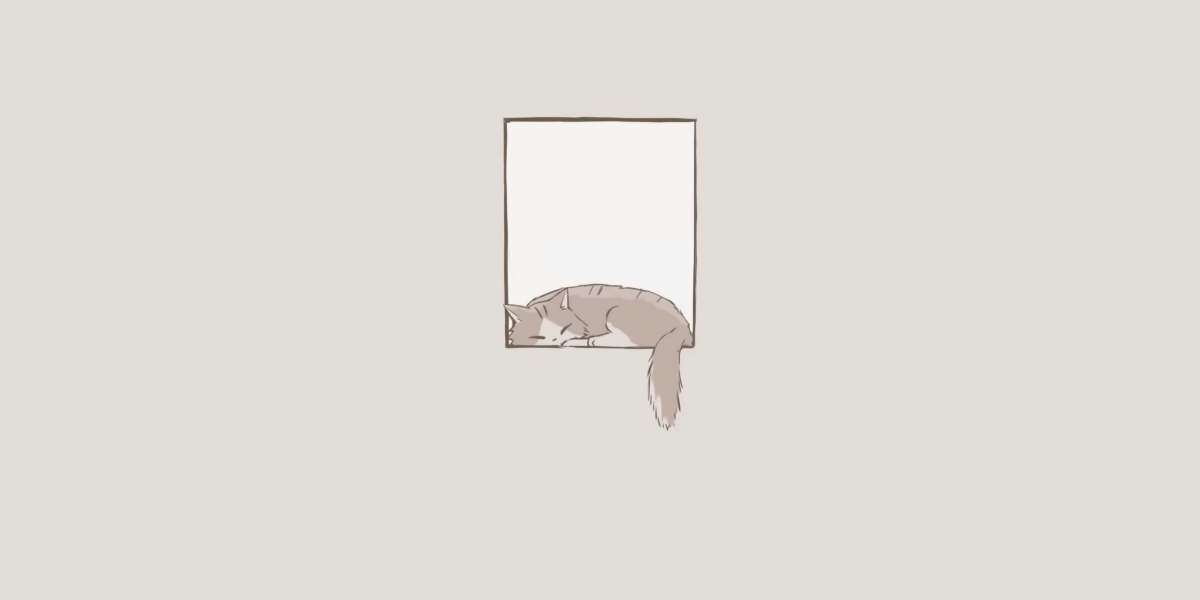When it comes to dental care, myths and misconceptions often get in the way of proper oral hygiene. Misinformation can lead to unhealthy habits or unnecessary fear of the dentist. Let’s set the record straight by debunking some common dental myths, so you can take better care of your teeth and gums.
Myth 1: Brushing Harder Means Cleaner Teeth
Reality: Many people think that scrubbing their teeth vigorously will make them cleaner, but brushing too hard can actually damage your enamel and irritate your gums. Use a soft-bristled toothbrush and gentle, circular motions for effective cleaning without causing harm.
Myth 2: Sugar Is the Only Cause of Cavities
Reality: While sugar does contribute to cavities, it's not the sole culprit. Cavities form when bacteria in your mouth break down food particles, producing acid that wears away your enamel. Foods like chips, bread, and even some fruits can contribute to this process. The key is maintaining good oral hygiene and drinking plenty of water after meals.
Myth 3: Baby Teeth Don’t Matter
Reality: Some believe that because baby teeth eventually fall out, they don’t require as much care. This is far from the truth. Healthy baby teeth are essential for proper chewing, speech development, and creating space for permanent teeth. Neglecting them can lead to long-term dental problems.
Myth 4: If My Gums Bleed, I Should Stop Brushing
Reality: Bleeding gums are often a sign of gum inflammation, typically caused by plaque buildup. Stopping brushing will only worsen the problem. Instead, continue brushing gently and consider flossing to remove debris between your teeth. If the bleeding persists, it’s time to visit your dentist.
Myth 5: White Teeth Are Always Healthy
Reality: White teeth may look appealing, but they aren’t necessarily a sign of health. Teeth can appear white and still have cavities, gum disease, or other issues. On the flip side, slightly yellow teeth can be perfectly healthy. Regular dental checkups are the best way to ensure your oral health, regardless of your teeth’s color.
Myth 6: Flossing Isn’t Necessary
Reality: Brushing your teeth only cleans about 60% of their surfaces. Flossing is essential to remove food particles and plaque from between your teeth and below the gum line, where your toothbrush can’t reach. Skipping flossing increases the risk of gum disease and cavities.
Myth 7: You Only Need to Visit the Dentist When You Have Pain
Reality: Waiting until you feel pain can result in more severe dental issues, like advanced cavities, infections, or gum disease. Regular checkups allow your dentist to catch problems early, saving you time, money, and discomfort in the long run.
Conclusion
Understanding the truth behind these common dental myths can help you make informed decisions about your oral health. Proper brushing, flossing, and regular dental visits are crucial to maintaining a healthy smile. Don’t let myths keep you from taking the best care of your teeth—knowledge is your best tool for achieving excellent oral health!








